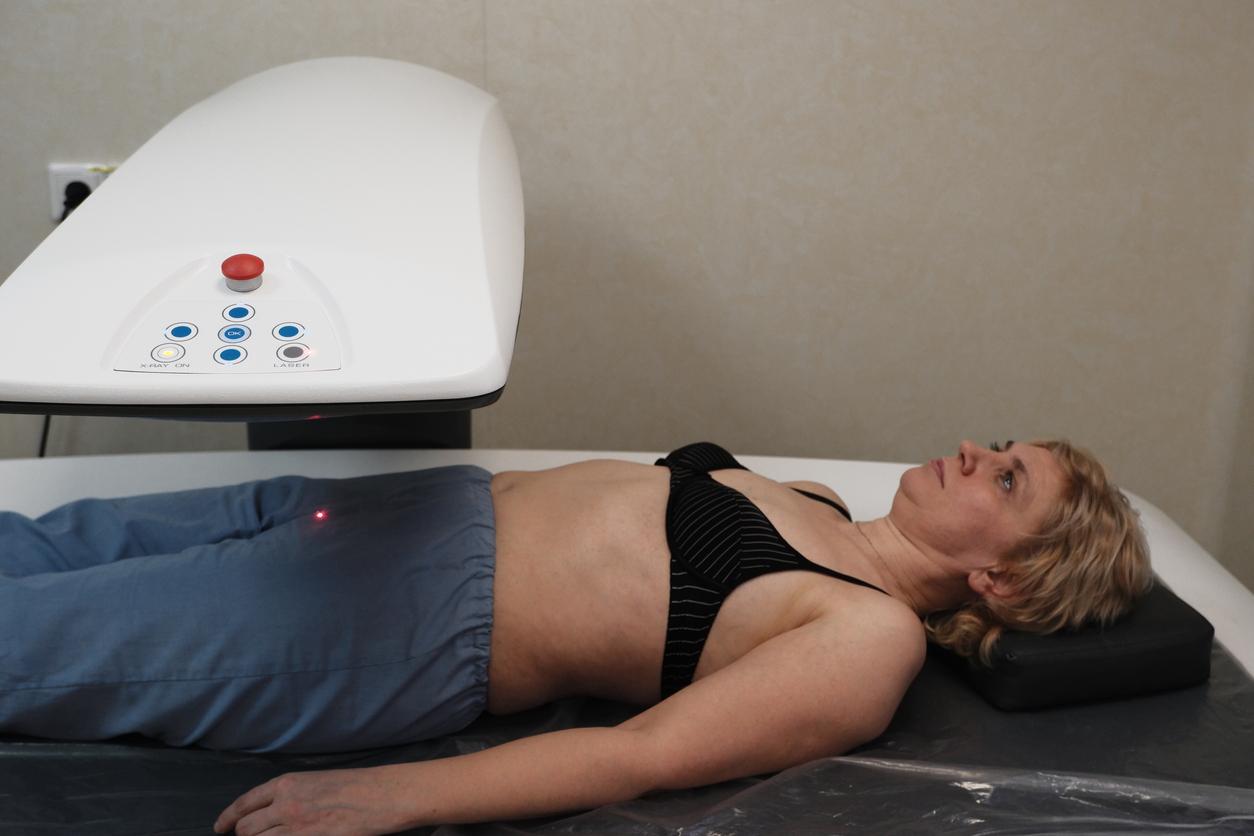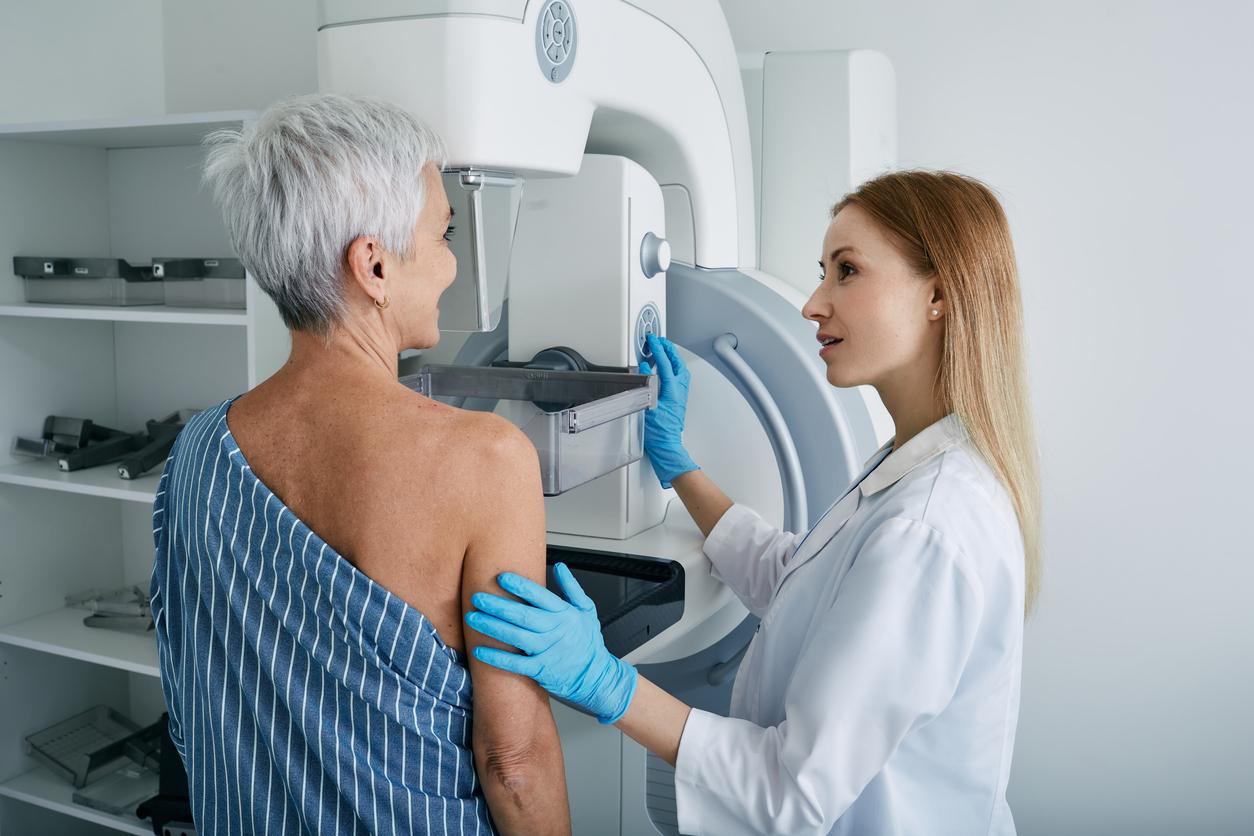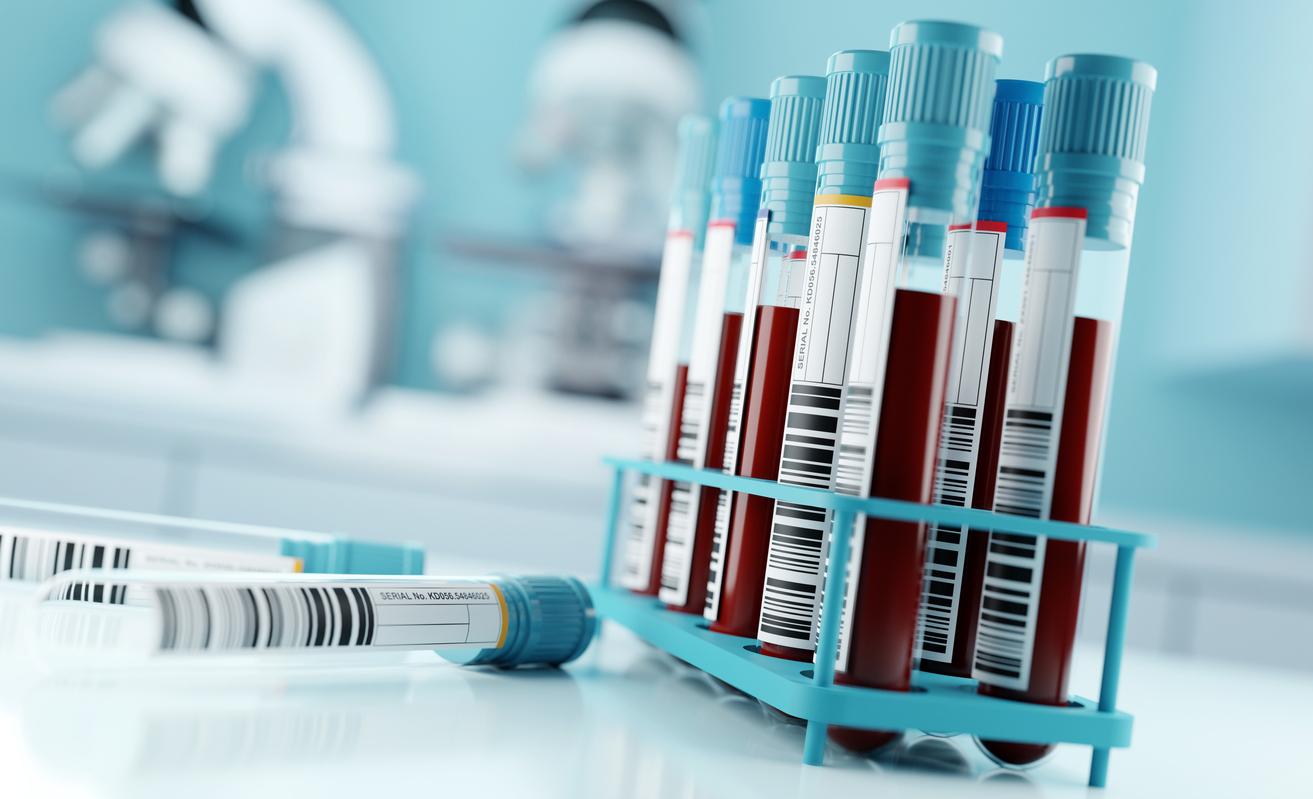Between 2018 and 2019, only 30.5% of the target population was screened for colorectal cancer. In 2018, more than 17,000 deaths were attributed to him and 43,000 new cases were recorded. The average age for men is 71 years old. Both sexes are almost equally affected. Screening could, depending on the National Cancer Institute, prevent 6,500 deaths per year. But how is the screening going?
First, it is important to remember that colorectal cancer screening is for anyone, male or female, between 50 and 74 years old. You don’t have to have a history, a bad lifestyle, or wait for symptoms to develop to get tested.
Free and painless
Access to screening is free and easy. From the age of 50, every two years, you receive a screening kit in the mail. This contains a tube, a sampling stick that will collect stool, and a stamped envelope. It is painless and without a medical appointment.
European recommendations estimate that a minimum of 45% screening of the target population is needed each year. This is because colorectal cancer can be easily avoided and can be very well cared for in the early stages. It often starts with a benign tumor, called polyp, which takes 5 to 10 years to develop into cancer.
- Colorectal cancer screening, National Cancer Institute
- Understanding Colorectal Cancer, Ameli
- Participation rate in the colorectal cancer screening campaign (2018-2019), Public Health France
Read also:
- Will Smith films his colonoscopy and shares it on social media
- Colorectal cancer: a diet that promotes the inflammation involved
- Cancer plan: what strategy for the next ten years?
- Lung cancer: regular scans to screen for those at risk?

























